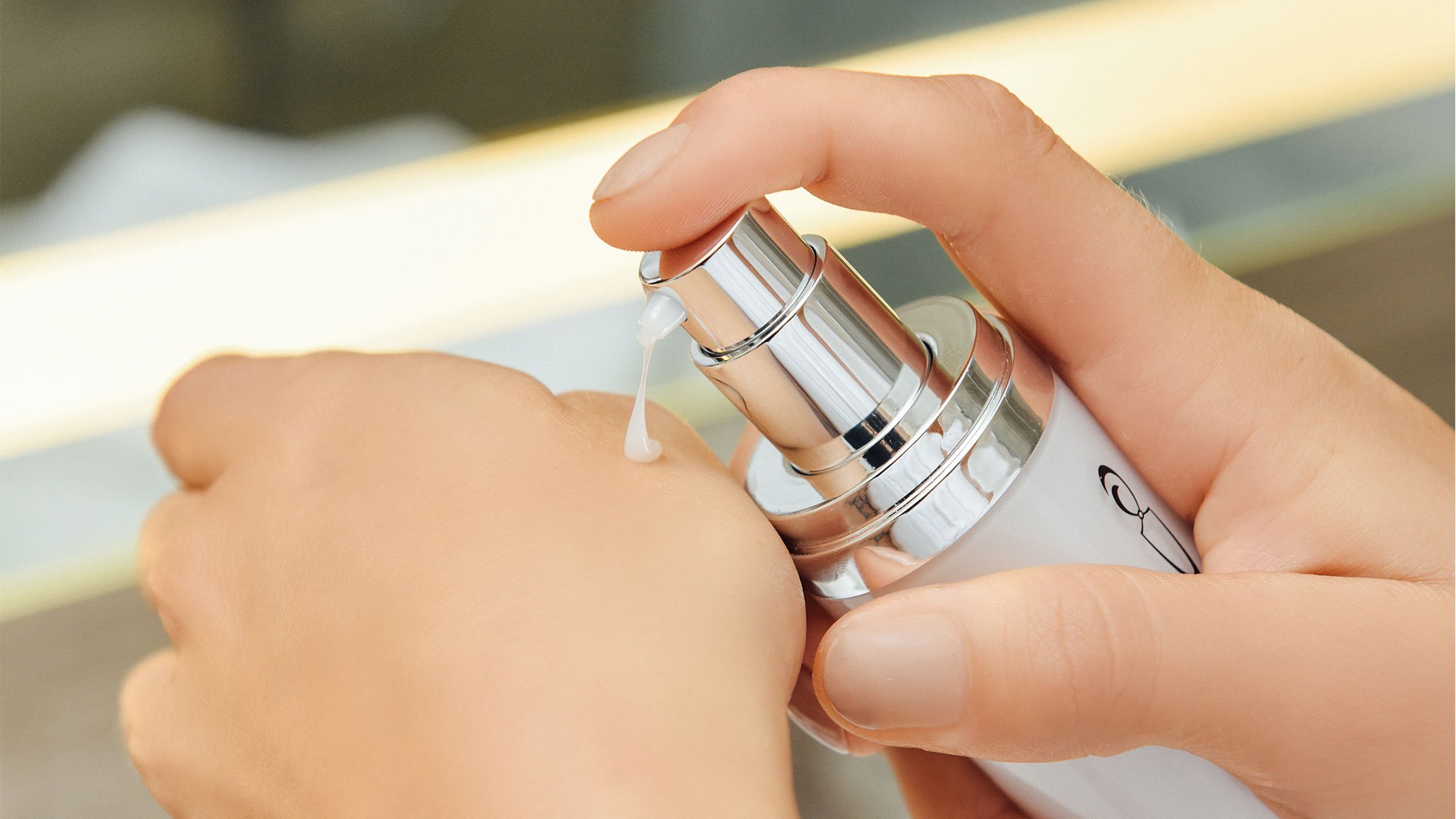Providing a vital shield against harmful free radicals, vitamin C can help to provide powerful protection against the sort of factors that can accelerate signs of ageing in the skin such as sun damage, oxygen and pollution.
From childhood we're told a lot of terrific facts about how amazing vitamin C is for the body; everyone knows, for instance, that increasing our intake of vitamin C during a cold may help to prevent it from worsening, helping to protect us against complications such as lung infections or even pneumonia. That's because vitamin C is a powerful source of strength within the human body, linked to improved levels of immunity, the absorption of iron, healing of wounds and the formation of collagen, which is crucial in the process of skin cell regrowth.
Vitamin C can benefit the skin in various ways both directly and indirectly, and while enjoying a diet that's rich in vitamin C and taking dietary supplements which can boost it's presence in the body are both ideal ways to ensure that your skin is sufficiently nourished by it, applying creams which are rich in vitamin C directly to the skin is also a superb way to treat your skin to vitamin C goodness. It's clearly a nutritional heavyweight champion, but what does vitamin C do for your skin?
Vitamin C is a crucial antioxidant
Providing a vital shield against harmful free radicals, vitamin C can help to provide powerful protection against the sort of factors that can accelerate signs of ageing in the skin such as sun damage, oxygen and pollution.
It also boosts the production of collagen
As a vital structural protein which keeps the skin firm and full of elasticity, collagen plays a crucial part in the health of our skin. As we get older and our skin begins to lose collagen, it gets thinner and weaker as a result which can lead to both sagging and wrinkles. Nourishing ourselves inside and outside with substances which are rich in vitamins and minerals (such as vitamin C) can boost the production of collagen and help to prevent and delay those tell-tale signs of ageing.
It can prevent UV-induced photodamage
UV-induced photodamage is essentially a premature ageing of the skin that has been caused by the damage of sun exposure (such as age spots, sagging skin and fine lines and wrinkles). Topical application of vitamin C to the skin or taking high supplement dosages of the vitamin at least 4 days prior to sun exposure has been proven to protect skin cells against sunburn and also decrease the effects of photodamage in general.
It can help to reduce the physical and psychological effects of stress
Vitamin C also improves the natural healing response of the skin
For times when we do suffer from breakouts and inflammation, vitamin C can still be of great use with topically applied vitamin C and ingested forms of vitamin C helping to boost our physical immunity. This means that it can help to relieve the aggressive visual remnants of breakouts as well as bringing peace to irritation and inflammation of the skin, which can often produce what feels like an endless cycle of skin damage. Vitamin C provides an accelerated healing response and leaves you with an increased likelihood of enjoying luminous, naturally beautiful skin.
Which foods are the best sources of vitamin C?
Don't be grabbing straight for the oranges just yet, because there's actually a plethora of fruit and vegetables out there which can provide you with high levels of this super-vitamin and you might find some of them a little surprising. For an all round boost in immunity and strength, try eating more broccoli or dark leafy greens which are not only high in vitamin C but also in immunity boosting iron, which is absorbed best when combined with vitamin C, adding sun dried tomatoes to your diet adds a concentrated high dose of this essential vitamin to whatever meal you add it to while those with a sweet tooth would do best to replace sugary snacks and drinks with some colorful, vitamin C rich fruit such as strawberries, papaya, kiwi, melons and guava.

